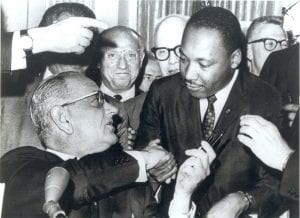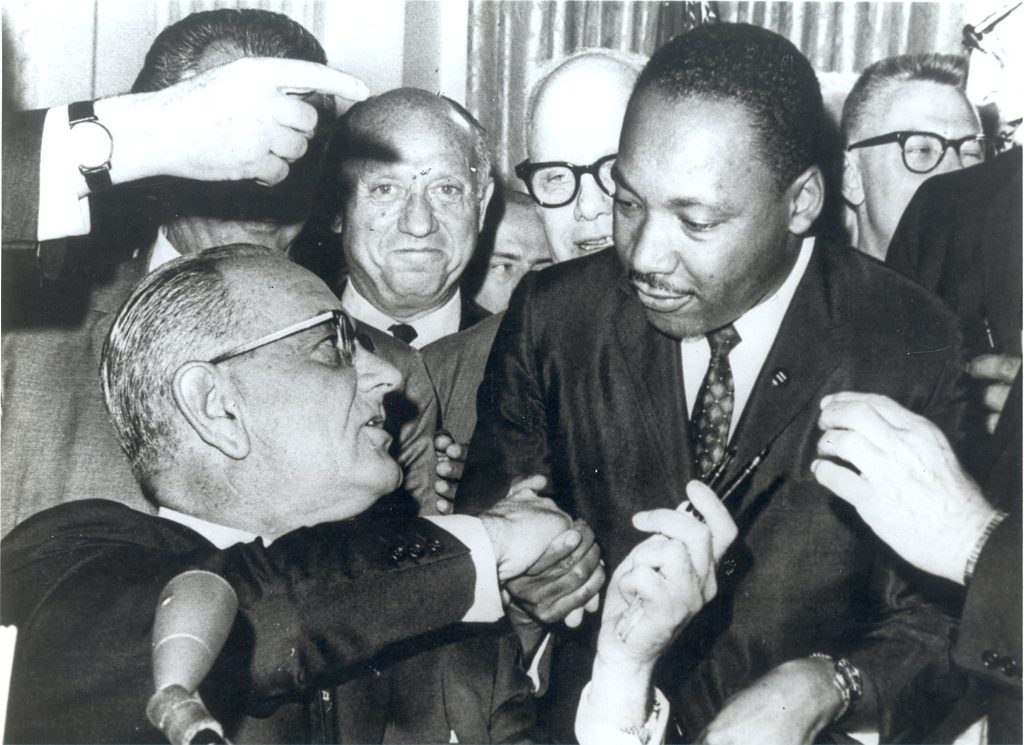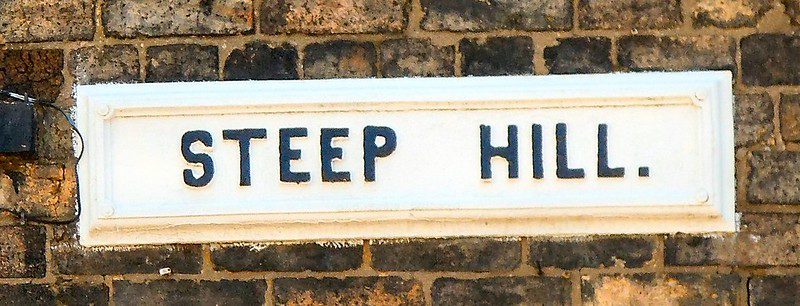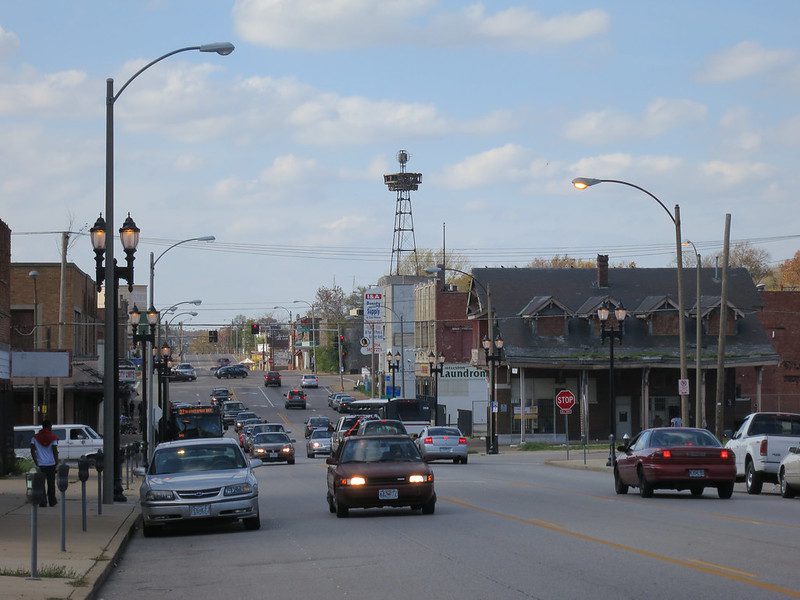
In remembrance of Dr. King, we share the following excerpt of a speech he gave in support of the striking Memphis sanitation workers, who ultimately won their battle with the city after a three-month long strike and a silent March of over 42,000 people, led by Coretta Scott King only four days after her husband had been killed:
“We are tired. We are tired of being at the bottom. We are tired of being trampled over by the iron feet of oppression. We are tired of our children having to attend overcrowded, inferior, quality-less schools. We are tired of having to live in dilapidated substandard housing conditions where we don’t have wall-to-wall carpets but so often we end up with wall-to-wall rats and roaches. We are tired of smothering in an airtight cage of poverty in the midst of an affluent society. We are tired of walking the streets in search for jobs that do not exist. We are tired of working our hands off and laboring every day and not even making a wage adequate to get the basic necessities of life. We are tired of our men being emasculated so that our wives and our daughters have to go out and work in the white lady’s kitchen, leaving us unable to be with our children and give them the time and the attention that they need. We are tired.”
Following are selections from Shelterforce that touch on the connection between poverty and inequality, and the connection of movements:
Renewing Bonds: Why the Housing Movement and Organized Labor Need Each Other, by Peter Dreier, May, 2000.
Moving Out of Poverty, by Harold Simon, October, 1999
Unsorting Our Cities, by Mindy Thompson Fullilove, July, 2012
Photo credit: President Lyndon Johnson shakes hands with the Reverend Martin Luther King, Jr., after handing him one of the pens used in signing the Civil Rights Act of July 2, 1964 at the White House in Washington. Source: Library of Congress, Prints & Photographs Division, NYWT&S Collection, [reproduction number, e.g., LC-USZ62-111157]





Comments